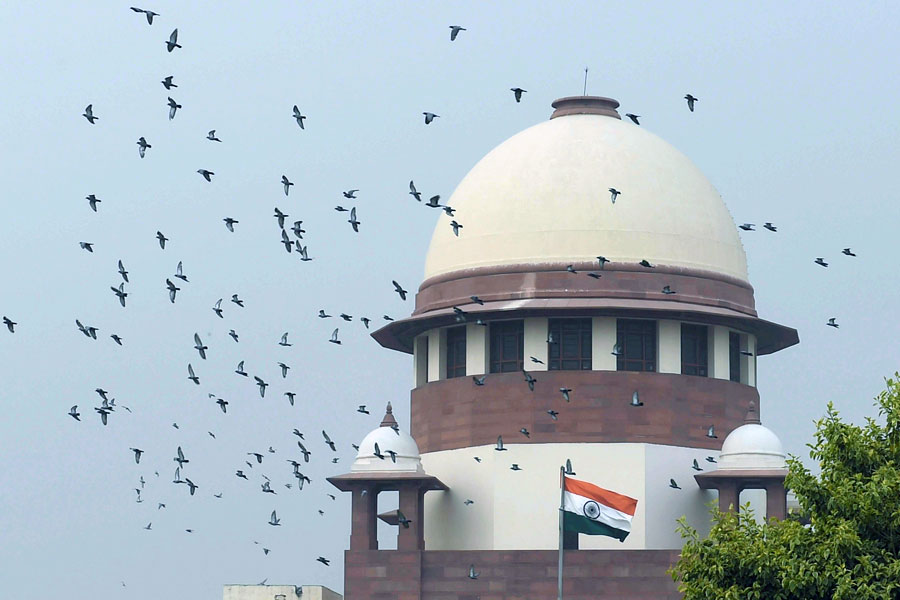The Supreme Court has upheld the bail granted to Kashmiri journalist Peerzada Shah Fahad, accused of terror charges under the UAPA, but declared as “per incuriam” the judgment of the Jammu and Kashmir and Ladakh High Court that had granted the bail.
The term “per incuriam” refers to a court ruling that overlooks binding precedents of the superior courts or a larger bench.
The high court had granted bail to Fahad by relying on a US Supreme Court judgment, which had in the Schenck Vs United States (249 US 47 (1919) case applied the doctrine of “clear and present danger” as a factor that should be considered for grant of bail.
Aggrieved, the Union Territory had filed the present appeal.
Solicitor-general Tushar Mehta argued before the bench that the high court had erroneously placed reliance on the Schenck Vs United States (249 US 47 (1919) judgment even though the Indian Supreme Court’s two constitution benches and a three-judge bench have rejected the application of the doctrine of “clear and present danger”.
While affirming the grant of bail, a bench of Justices Bela M. Trivedi and Satish Chandra Sharma said: “We are not inclined to interfere with the impugned order.... It is directed that the impugned judgment and order being per incuriam shall not be cited as a precedent in any other case.”











